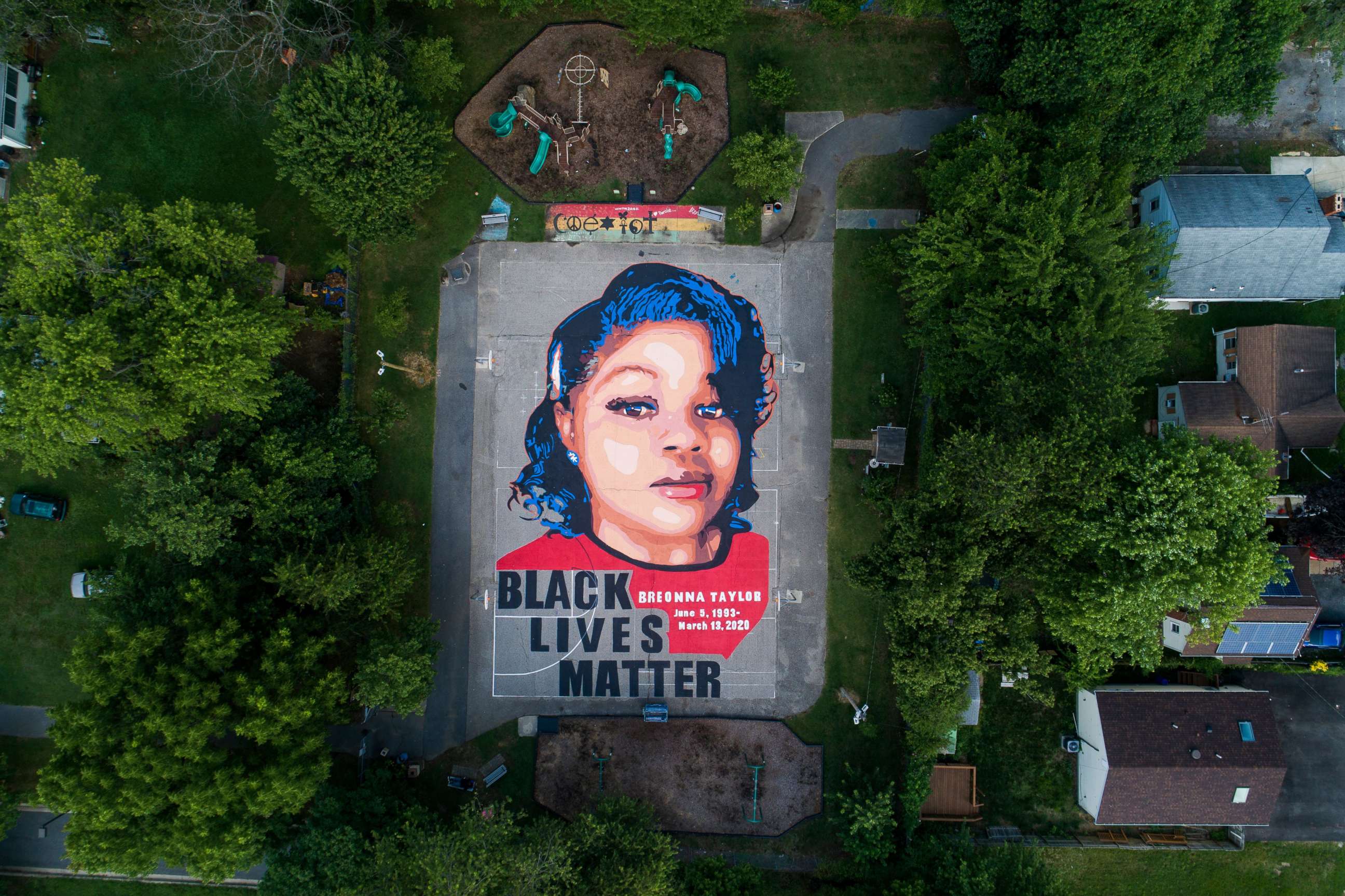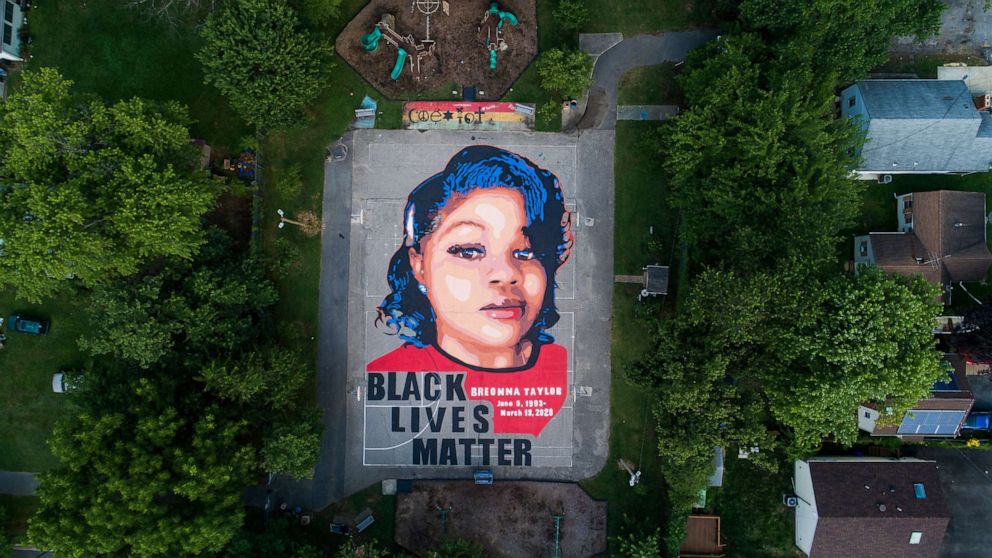Louisville's top cops refuse to answer questions on Breonna Taylor case
Louisville's top police officers walked out of a committee hearing on Monday, refusing to answer questions amid an ongoing investigation into the city's handling of the case of Breonna Taylor, a young Black medical worker who was fatally shot by plainclothes officers.
Louisville Metro Police Chief Rob Schroeder and the city's chief of public safety Amy Hess left the hearing without answering queries from city lawmakers on Monday, citing a pending lawsuit against the police department and the city.
The officials had agreed to testify before the Government Oversight and Audit Committee about the city's response to ongoing protests over Taylor's death.
It was the first scheduled hearing related to the Metro Council's investigation into Mayor Greg Fischer's administration and its handling of the large-scale protests that followed the 26-year-old woman's death.

Attorneys for Schroeder and Hess argued that they couldn't answer the questions due to a federal lawsuit filed Thursday by the American Civil Liberties Union of Kentucky and the NAACP. It names Schroeder, Mayor Fischer, Louisville metro government and the police department among the defendants.
"If we're compelled to proceed today and we're here voluntarily and prepared to proceed, the law requires it be done in closed session," David Gaurnieri, an attorney for Hess, said.
Schroeder's attorney, Joey Klausing, made a similar argument, saying a testimony in open court this early on in the case could jeopardize the officers' defense.
"He [Schroeder] has been named in a 47-page civil rights lawsuit, which I haven't even had the opportunity to talk to him about," Klausing said, noting that the suit came in late Thursday night. "He's not just been named in his official capacity. He's been named in his individual capacity as well."
"To have him be compelled to testify here today would be in contradiction to the statutes that have been promulgated by our legislature," he added.
The four-hour hearing was supposed to focus on how the police department handled protests in the wake of Taylor's death in March, but the attorneys claimed there was too much overlap between the topics on the hearing agenda and those mentioned in the excessive use of force lawsuit.
After their departure, council members voted 10-1 to issue subpoenas to compel the officials to testify.
Taylor's death on March 13 sent shock waves around the country. Louisville police officers had executed a no-knock search warrant and used a battering ram to forcefully enter the young woman's apartment.
Taylor and her boyfriend, Kenneth Walker, got out of bed around midnight when they heard a commotion outside. After a short exchange with police, Walker fired his gun in self-defense, saying he thought his home was being broken into, according to police.
The plainclothes officers returned gunfire, firing several shots and fatally hitting Taylor, police said.
It was later revealed that the police had been looking for two men who they believed were selling drugs out of a house located near Taylor’s home. Police obtained a no-knock warrant to search Taylor’s apartment because they had reason to believe the men had used her apartment to receive packages.
One of the officers, Brett Hankison, was fired in June amid intense pressure from the public. Jon Mattingly and Myles Cosgrove, the other officers involved, were placed on administrative reassignment, but civil rights activists say all three men should be charged.




